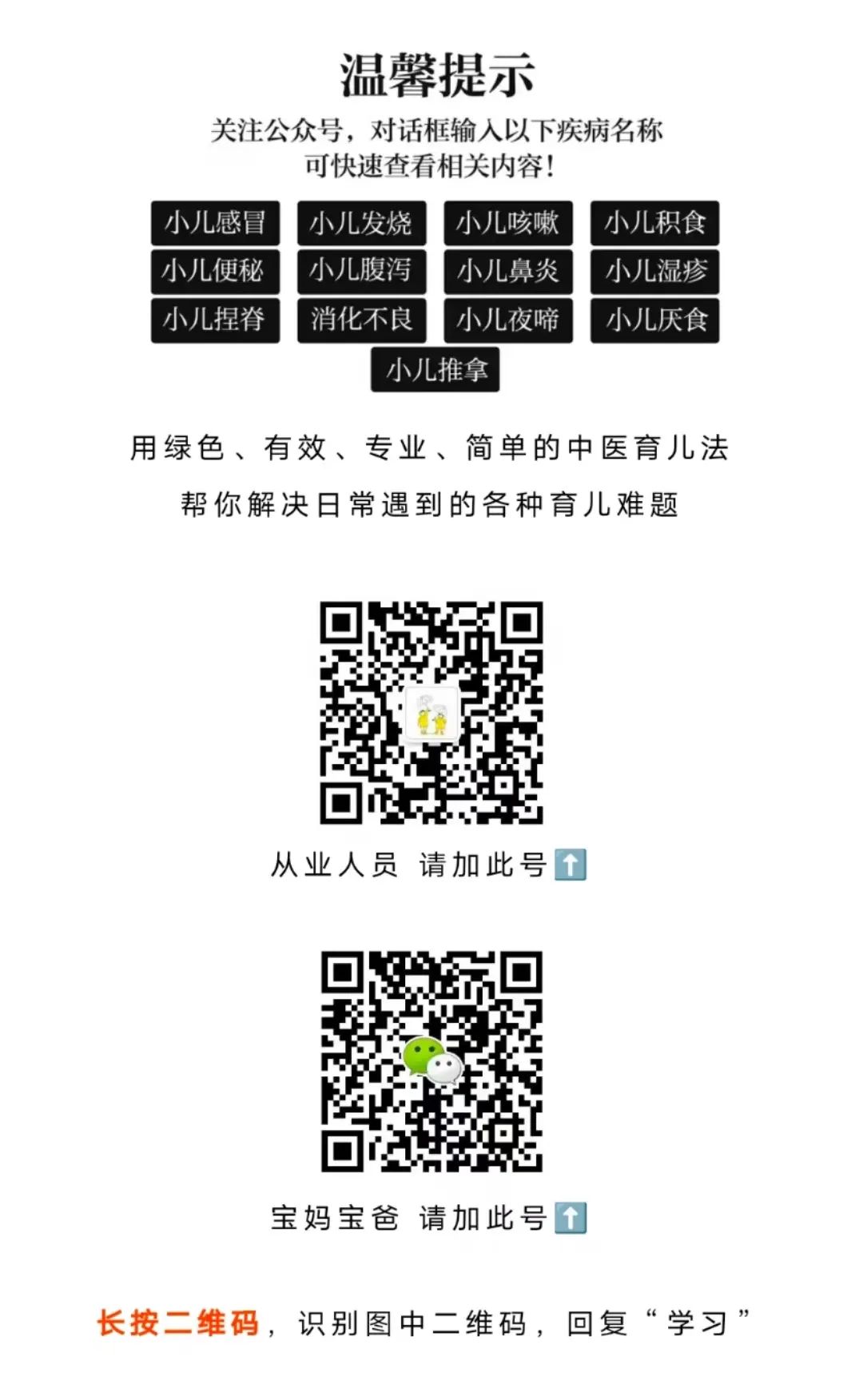Follow our official account and enter the dialogue box
Click ‘Skill Enhancement’ to read a wealth of content
According to the Suwen: On the Five Organs: “The so-called five organs are those that store essence and qi without leaking, hence they are full but cannot be solid.” In the Ling Shu: On the Organs: “The five organs are those that store spirit, blood, qi, and soul.” Based on the theory of organ representation, the five organs are the center of life activities in the human body, with mental consciousness activities belonging to the five organs. Together with the six fu organs, they connect the body’s internal and external structures, forming a unified whole.
Next, let us listen to their inner thoughts!
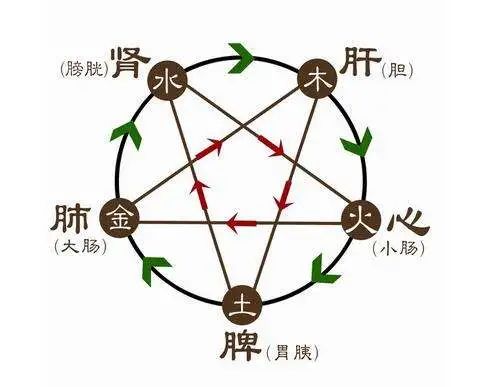
The five organs refer to the heart, liver, spleen, lungs, and kidneys. In the theory of meridians, the pericardium is also considered an organ, thus referred to as the six organs. The common physiological characteristics of the five organs are the transformation and storage of essence and qi, and they can store the spirit, hence called the “spiritual organs.” Although the functions of the five organs are distinct, they coordinate with each other to maintain the life process. The physiological activities of the five organs are closely related to changes in the natural environment and emotional factors.
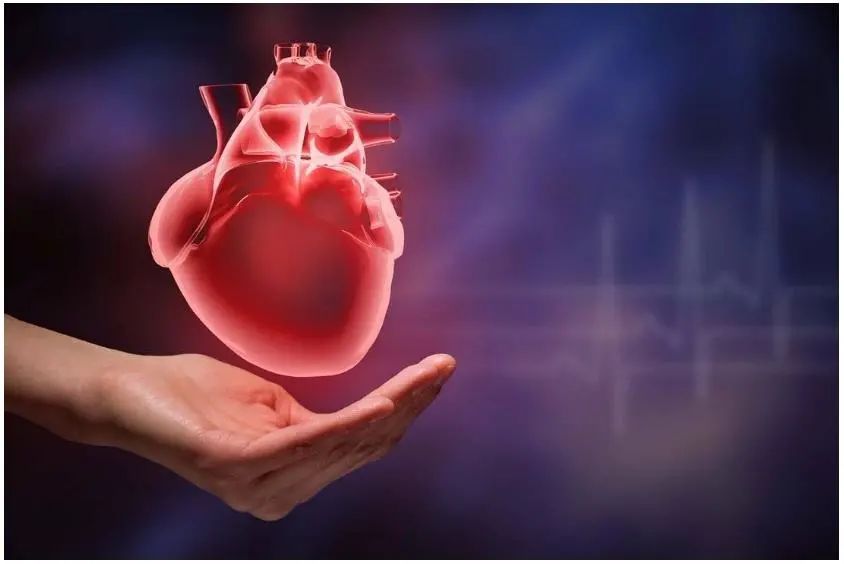
The heart is one of the five organs, located in the chest, between the two lungs, above the diaphragm, and protected by the pericardium. Its shape is round and pointed downward, resembling an unopened lotus flower.
The main physiological function of the heart is to govern the blood vessels and store the spirit. Due to the heart’s role in governing blood vessels and storing the spirit, which dominates the entire life activities of the human body, the heart is referred to as the “ruler’s organ,” “the source of life,” and “the great master of the five organs and six fu organs.” The physiological characteristic of the heart is that it is a yang organ and governs clarity.
To effectively prolong life, it is essential to pay attention to heart health. One should avoid high-salt foods. Many people love to eat heavily flavored foods, and excessive salt intake can negatively impact heart health, reducing heart function. To maintain a healthy heart, one should focus on a light diet, limiting salt intake to no more than six grams per day. Proper body regulation can enhance heart function and prevent heart disease.
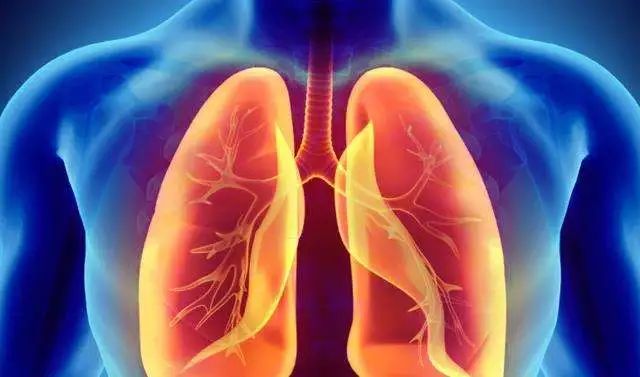
The lungs are located in the thoracic cavity, one on each side, covering the heart. The lungs have lobes, with two on the left and three on the right, totaling five lobes. The lung meridian connects with the trachea, bronchi, throat, and nose, hence the throat is referred to as the portal of the lungs, and the nose as the external orifice of the lungs.
The main physiological function of the lungs is to govern qi and respiration, regulate water, and connect to the hundred vessels, governing the regulation of the body. The basic operational form of lung qi is to disperse and descend. The lungs are positioned highest among the five organs and cover the other organs, hence called the “canopy.” The lung lobes are delicate and vulnerable to cold, heat, dryness, and dampness; they also connect to the nasal orifices and the skin, interacting closely with the external environment, making them susceptible to external pathogens, hence referred to as the “delicate organ.”
To prevent lung function decline, one should focus on dietary adjustments to nourish the body. Many foods have inherent properties that moisten and nourish the lungs. By adopting a proper diet, one can obtain foods beneficial for enhancing lung function, which in turn can prolong life.
Therefore, those who wish to nourish their lungs should cultivate good habits, starting with dietary adjustments to provide timely nutrients, maintaining a healthy state, which naturally leads to longevity.
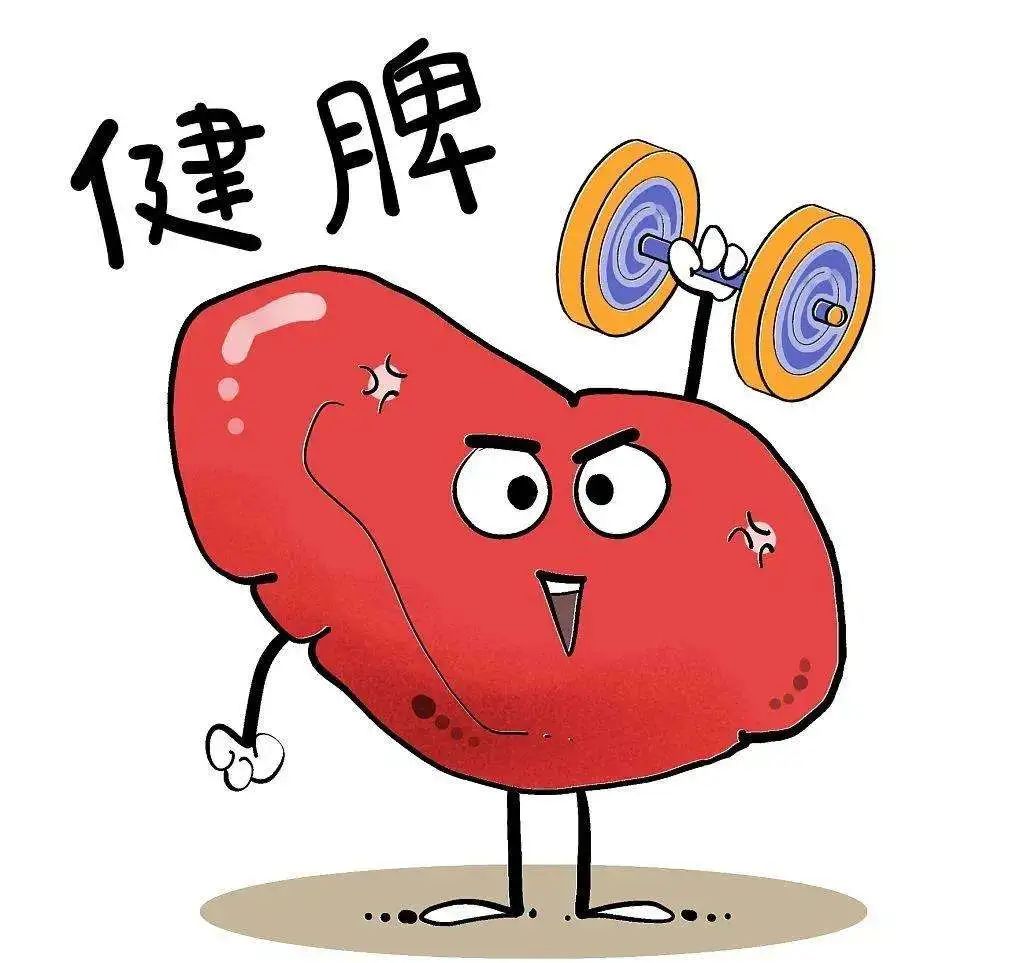
The spleen is located in the middle jiao, beneath the diaphragm, to the left of the stomach. The Suwen: On the Theory of Taiyin and Yangming states: “The spleen and stomach are connected by a membrane.”
The main physiological function of the spleen is to govern transportation and transformation, and to regulate blood. The spleen and stomach reside in the middle jiao, serving as the primary organs for digesting, absorbing, and distributing the essence of food. After birth, the continuation of life activities and the transformation and enrichment of essence, blood, and body fluids rely on the spleen and stomach’s ability to process the essence of food, hence the spleen and stomach are referred to as the “foundation of postnatal life.” The movement characteristic of spleen qi is to rise and lift. The spleen is associated with the Taiyin damp earth and governs the transformation of water and fluids, thus it prefers dryness and dislikes dampness.
Due to this characteristic, in daily diet, one should avoid excessive consumption of cold foods, especially ice water. In hot summer weather, many people enjoy drinking ice water in large quantities, which is actually unhealthy; it not only stimulates the gastrointestinal tract but also adversely affects the spleen.
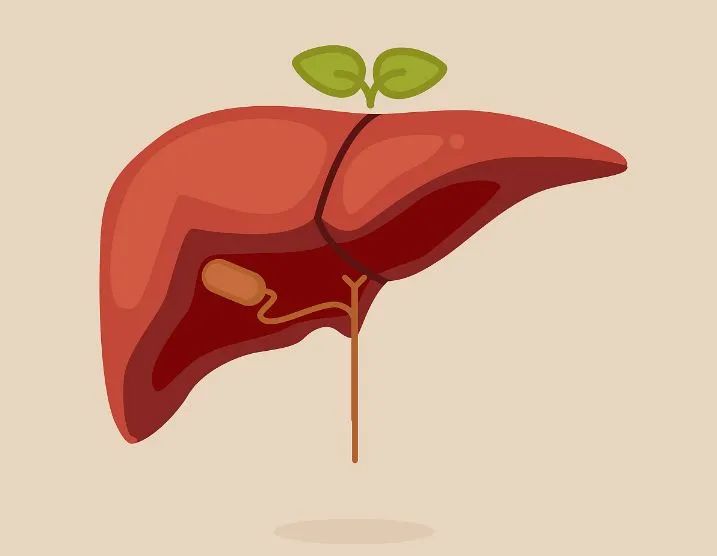
The liver is located in the abdominal cavity, beneath the diaphragm, and within the right hypochondrium.
The main physiological function of the liver is to govern the smooth flow of qi and store blood. The Clinical Guidelines for Medical Cases: Liver Wind states that the liver is “yin in form but yang in function.” The physiological characteristic of the liver is to promote upward movement, favoring smoothness and disliking stagnation, hence it is called the “stiff organ.” The Suwen: On the Secret Classic of Linglan states: “The liver is the organ of the general, from which strategies and plans emerge.”
The liver is associated with the tendons, its manifestation is in the nails, its orifice is the eyes, its emotion is anger, and its fluid is tears. The gallbladder is attached to the liver, and the foot jueyin liver meridian and the foot shaoyang gallbladder meridian are interconnected at the liver and gallbladder, complementing each other. The liver belongs to the wood element in the five elements, representing yang within yin, and corresponds with the spring energy of the natural world.
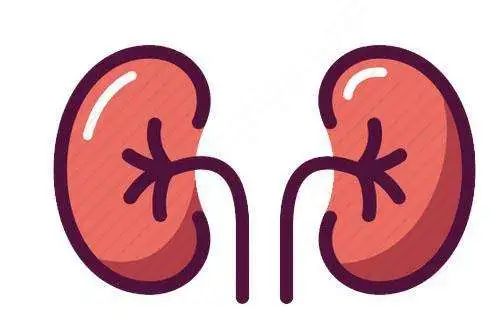
The kidneys are located on both sides of the lumbar spine, one on each side. The Suwen: On the Essentials of Pulse states: “The waist is the residence of the kidneys.”
The main physiological function of the kidneys is to store essence, govern water, and regulate qi. As the kidneys store congenital essence and govern reproduction, they are the source of life, hence referred to as the “foundation of congenital life.” Kidney essence transforms into kidney qi, which differentiates yin and yang, and kidney yin and kidney yang support, promote, and coordinate the yin and yang of all organs, hence the kidneys are also called the “foundation of the yin and yang of the five organs.” The kidneys store essence and govern hibernation, also known as the foundation of storage.
The kidneys are associated with the bones, produce marrow, connect to the brain, their manifestation is in the hair, their orifices are the ears and the two lower orifices, their emotion is fear, and their fluid is saliva. The foot shaoyin kidney meridian and the foot taiyang bladder meridian are interconnected at the kidneys and bladder, complementing each other. The kidneys belong to the water element in the five elements, representing yin within yin, and correspond with the winter energy of the natural world.
To maintain a normal sleep habit, one should generally go to bed before 10 PM, and rest for half an hour to an hour after lunch. Daily sleep should not be less than eight hours. This helps the body detoxify and reduces the toxicity to the kidneys. It is important not to hold urine; one should urinate whenever there is the urge, as habitual urine retention can greatly harm the kidneys.
·END·
Copyright Statement
Source from the internet, infringement will be deleted immediately
Welcome to share in your circle of friends
